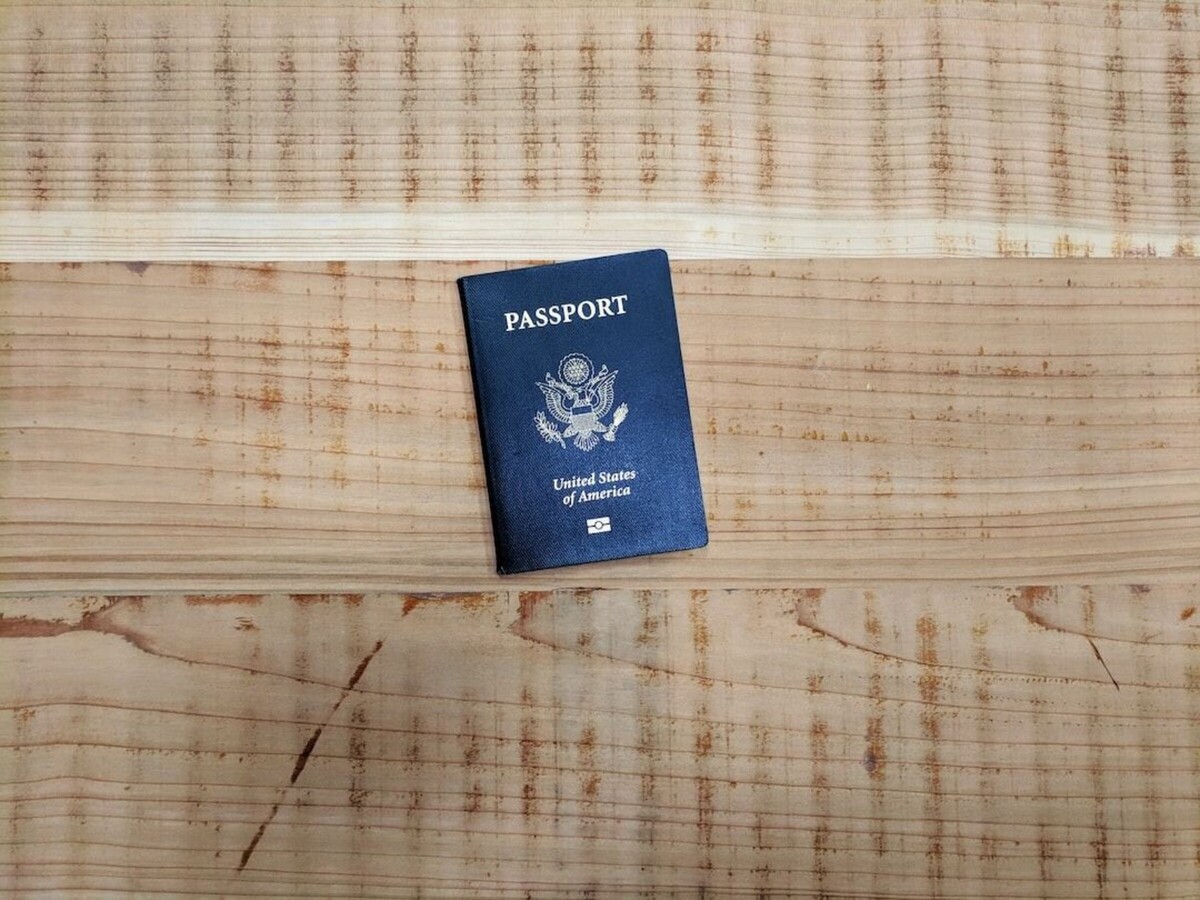Image


As of January 2024, 34 states required voters to present identification in order to vote at the polls on Election Day. Of these states, 23 required voters to present identification containing a photograph, and 11 accepted other forms of identification. The remaining 16 states did not require voters to present identification in order to vote at the polls on Election Day.
Valid forms of identification differ by state. In certain states that require voters to provide identification, there may be exceptions that allow some voters to cast a ballot without providing an ID. To see more about these exceptions, see details by state below. Commonly accepted forms of ID include driver's licenses, state-issued identification cards, and military identification cards or passports.
Representative John Block proposes a voter identification requirement that only accepts a New Mexico state issued driver's license or identification card issued by the motor vehicle division of the taxation and revenue department.
States such as Alabama that have strict voter ID requirements offer an expanded list:
The John Block proposal as written discriminates against the military, Native Americans by not recognizing tribal ID's, the poor of which many don't drive and the elderly who many times allow their state issued ID's and or drivers licenses to lapse.
If passed as proposed by Mr. Block this law would face multiple lawsuits challenging the narrow ID requirement is discriminatory against Native Americans, the elderly and the poor. Leaders with the NAACP, AARP and ALCU have suggested the potential to litigation in the state's courts.
The details of the discriminatory proposed legislation can be found at HB0223 (nmlegis.gov)
According to the Brennen Center for Justice 2024 Report on Voting Rights, Between January 1 and December 31, 2023, at least 14 states enacted 17 restrictive voting laws, all of which will be in effect for the 2024 election cycle.
Voters in these states now face additional hurdles to reach the ballot box. Most of the restrictions limit mail voting, such as requiring additional information on a mail ballot application, shortening the window to request a mail ballot, or banning drop boxes.
At least 6 states enacted 7 election interference laws, with at least 6 laws in effect for the 2024 elections. Many create criminal penalties for election workers for minor mistakes such as not allowing a poll watcher to stand close enough to voters.
At the same time, at least 23 states enacted 53 expansive voting laws, all but two of which will be in effect for the 2024 general election. Many voters will now have access to a simpler process for registering to vote, greater access to absentee ballots, a simpler process for reclaiming their right to vote after a conviction, and/or increased access to assistance for voters who need it.
This year brings the first presidential election since lies about the 2020 election initiated a wave of restrictive voting laws and election interference laws. Voters in 18 states face for the first-time restrictions that have been enacted since 2020. Because some laws passed in 2021 or 2022 either did not go into effect before the 2022 midterms or were temporarily blocked by a court but are now in effect, the number of states in which voters will face restrictions for the first time is higher than the 14 restrictive laws enacted in 2023. Voters in 27 states will face restrictions in the 2024 election that they’ve never experienced in a presidential election before (some of these laws were in effect in the 2022 midterms). Also in 2024, 5 states will have new election interference laws in place. For 13 states, this will be the first presidential election year in which such laws are in effect (some of these laws were in effect in 2022).
In some states, legislators were able to begin filing bills last December for consideration in this year’s session, which is called “pre-filing.” Additionally, many bills that were introduced but not passed last year are still before the legislature for consideration this year, or “carry over.” Some of the pre-filed bills and carryovers may become law this year and impact voters; pre-filed bills in particular tend to be among legislators’ top priorities for the year. As of December 31, 2023, 25 states had a pre-filed bill or a carryover that would make it harder to vote. The same number of states have expansive legislation, although the number of expansive bills is about twice as large. While the number of pre-filed and carryover expansive bills outpaces that of restrictive bills, voters in states passing restrictive laws will face new hurdles to vote regardless of what happens elsewhere in the country.